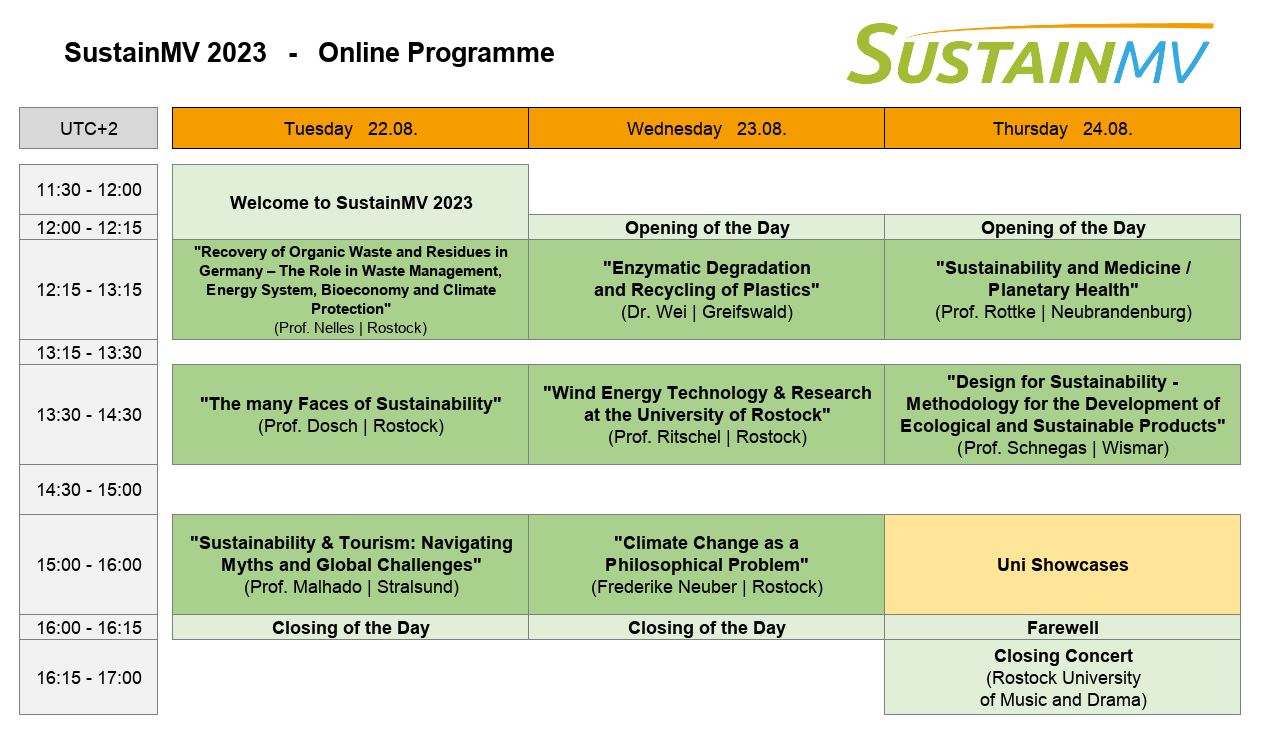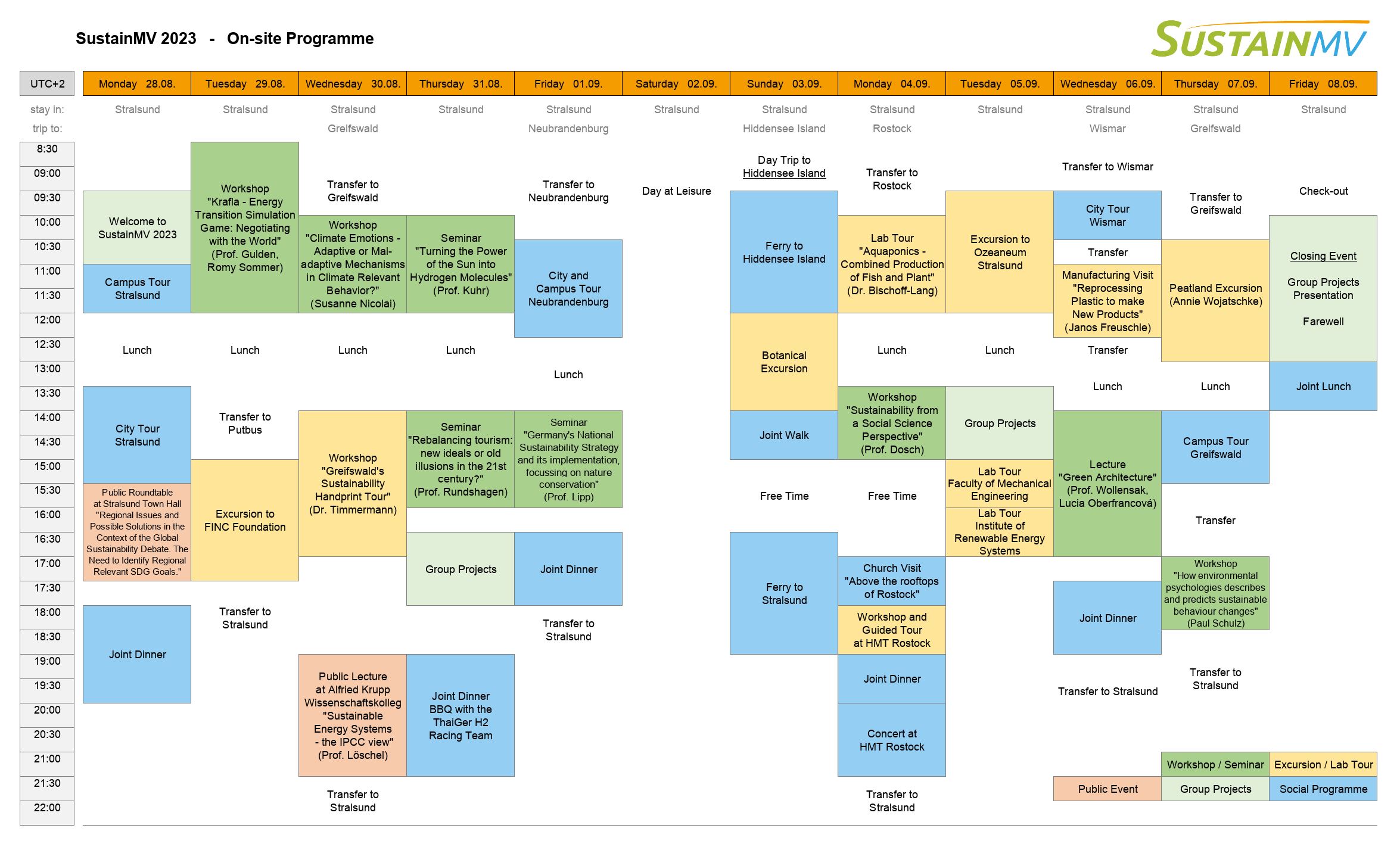SustainMV 2023
The Sustainability Summer School
In August 2023 Sustain MV took place the third time. For the second time there was an on-site part. International students from all parts of the world came to Mecklenburg-Vorpommern to discuss sustainability in different contexts and, along the way, to get to know the various higher education institutions and research facilities in the MV science region. The agenda included workshops and seminars, excursions and laboratory tours as well as a varied leisure programme.
Online Programme (22 – 24 August)
| 11:30 - 12:15 | 🙌 | Welcome to SustainMV 2023 | |
| 12:15 - 13:15 | 🌍 | Seminar "Recovery of Organic Waste and Residues in Germany – The Role in Waste Management, Energy System, Bioeconomy and Climate Protection" | 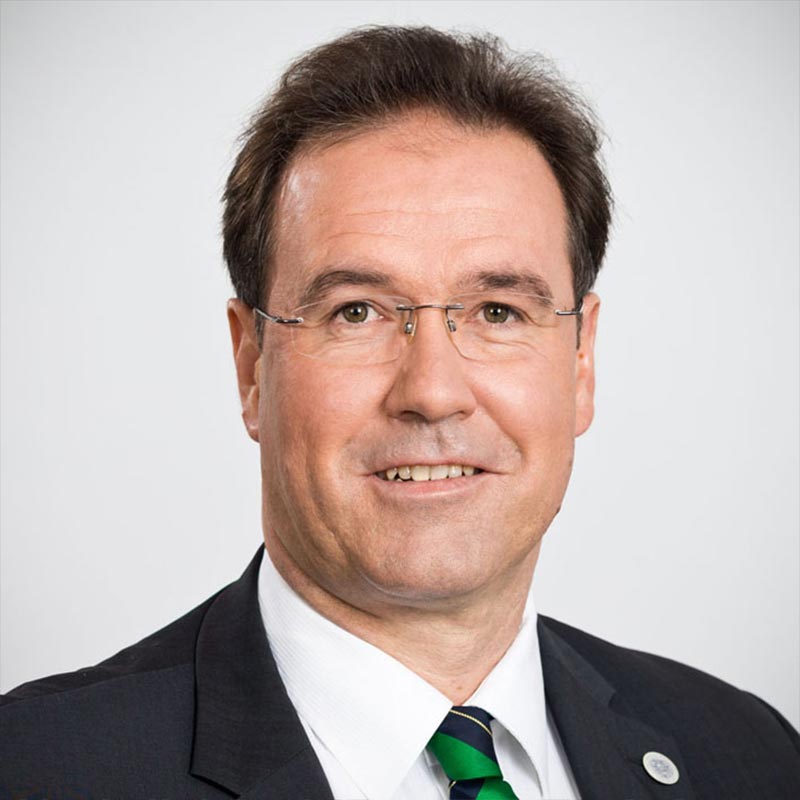 Prof. Dr. Michael Nelles University of Rostock |
| 13:15 - 13:30 | ⏸️ | Break | |
| 13:30 - 14:30 | 🌍 | Presentation with discussion "The many Faces of Sustainability" A recent online article is aptly titled: “Sustainability – confusing term for a clever concept“. This nicely summaries both the beauty and challenge in dealing with this important concept. The idea of sustainability first emerged with regards to forestry, where it means never harvesting more than what the forest yields in new growth. The word “Nachhaltigkeit” (the German term for sustainability) was first used with this meaning in 1713. Since then the concept of sustainability has come a long way. In general terms, sustainability means meeting our own needs without compromising the ability of future generations to meet their own needs. However, this is not restricted to the natural environment but also extends to social and economic resources. Thus, sustainability goes beyond environmentalism and also encompasses social equity and economic development. Sustainability can also be understood as a movement which has its roots in social justice, conservationism or internationalism. By the end of the 20th century, many of these ideas were united under the roof of “sustainable development” and found their most prominent expression in the Sustainable Development Goals (SGD) as the current global agenda for reducing poverty and raising the quality of life. Sustainability as a political and strategic concept has its origin in the Brundtland Report “Our Common Future” of 1987. The report was concerned with the tension between the aspirations of mankind towards a better life on the one hand and the limitations imposed by nature on the other hand.
The presentation traces the history of the concept of sustainability and critically discusses its many dimensions. | 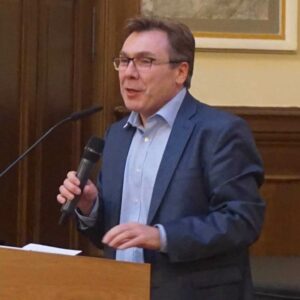 Prof. Dr. Jörn Dosch University of Rostock |
| 14:30 - 15:00 | ⏸️ | Break | |
| 15:00 - 16:00 | 🌍 | Seminar "Sustainability & Tourism: Navigating Myths and Global Challenges" This seminar delves into the dynamic relationship between sustainability and tourism. From exploring various paradigms of sustainability to dispelling myths around its integration with tourism, participants will scrutinize tourism's impact on environmental resources and examine the global challenges that shape the industry. Through real-world instances, the seminar showcases sustainable tourism in action, offering actionable insights for a more harmonious future. | 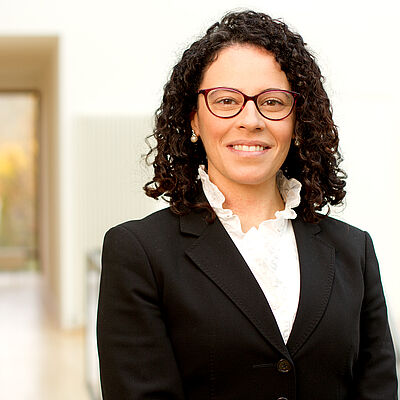 Prof. Dr. Acácia Malhado University of Applied Sciences Stralsund |
| 16:00 - 16:15 | 👋 | Closing of the Day A brief closing statement to the day’s programme and pointers to extracurricular activities available. |
| 12:00 - 12:15 | 👋 | Welcome to the Day A brief introduction to the day’s programme and organisation | |
| 12:15 - 13:15 | 🌍 | Seminar "Enzymatic Degradation and Recycling of Plastics" This lecture will show recent examples for the enzymatic degradation of waste plastic materials, such as PET, aiming at a circular bioeconomy. | 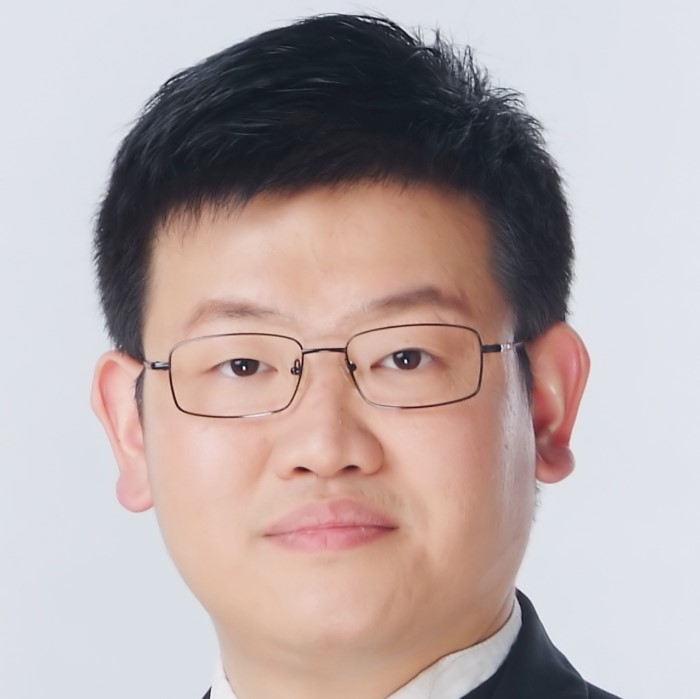 Dr. Ren Wei University of Greifswald |
| 13:15 - 13:30 | ⏸️ | Break | |
| 13:30 - 14:30 | 🌍 | Lecture "Wind Energy Technology & Research at the University of Rostock" In this Lecture the present status of wind energy technology is reported. Fundamentals of wind turbines, the aerodynamics, mechanical and electrical concepts, are explained. A brief overview is given on research activities of the Institute of Wind Energy Technology. | 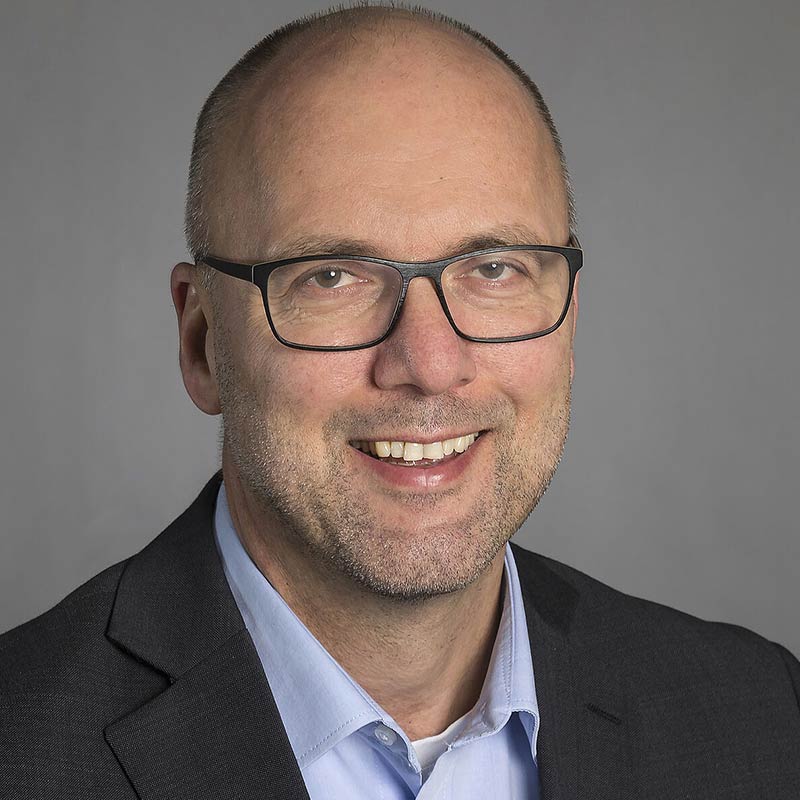 Prof. Dr. Uwe Ritschel University of Rostock |
| 14:30 - 15:00 | ⏸️ | Break | |
| 15:00 - 16:00 | 🌍 | Seminar "Climate Change as a Philosophical Problem" Climate Change causes injustice - globally and intergenerationally. Climate Change thus raises ethical questions. In this session, I will highlight the ethical issues sourrounding climate change and will open up the discussion to environmental philosophy and structural critique of our current modes of production and consumption. | 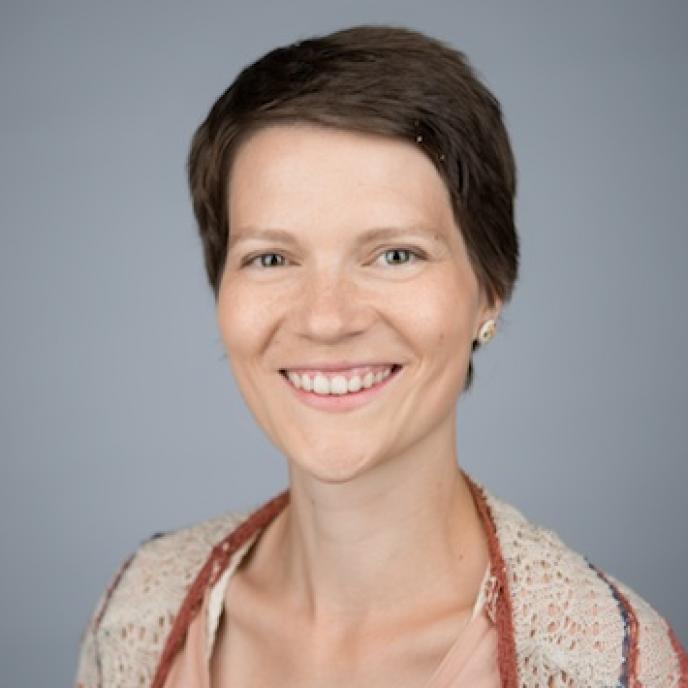 Dr. phil. Frederike Neuber University of Rostock |
| 16:00 - 16:15 | 👋 | Closing of the Day A brief closing statement to the day’s programme and pointers to extracurricular activities available. |
| 12:00 - 12:15 | 👋 | Welcome to the Day A brief introduction to the day’s programme and organisation | |
| 12:15 - 13:15 | 🌍 | Seminar "Sustainability and Medicine / Planetary Health" In this seminar we will use concrete examples to ask ourselves in which way sustainability plays a role in medicine and we will illuminate the connection between climate change and health. Therefore we will mainly deal with the concept of "Planetary Health", but also "One Health" and "Eco Health“. On the international level, the concept of „Planetary Health“ is gaining influence on the discourse of medicine and sustainabiliy, there is even a corresponding journal „LANCET Planetary health“. Planetary Health is a „solutions-oriented, transdisciplinary field and social movement focused on analyzing and addressing the impacts of human disruptions to Earth’s natural systems on human health and all life on Earth.“ (2023 Planetary Health Alliance). With the „German Alliance for Climate Change and Health“, a large association of doctors has formed, which is promoting the concept of planetary health in Germany.
| 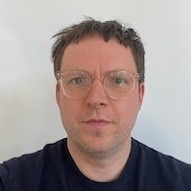 Prof. Dr. Daniel Rottke M. mel. University of Applied Sciences Neubrandenburg |
| 13:15 - 13:30 | ⏸️ | Break | |
| 13:30 - 14:30 | 🌍 | Seminar with practical elements "Design for Sustainability - Methodology for the Development of Ecological and Sustainable Products" We start with a critical analysis of the current state in the field of "sustainability engineering". Case studies of current fields of activity will be presented and possible development goals discussed. A self-developed "innovation management and product development process" - including useful working tools - will be presented for "sustainability engineering", which will then be playfully applied together with the online participants in the search for sustainability products. | 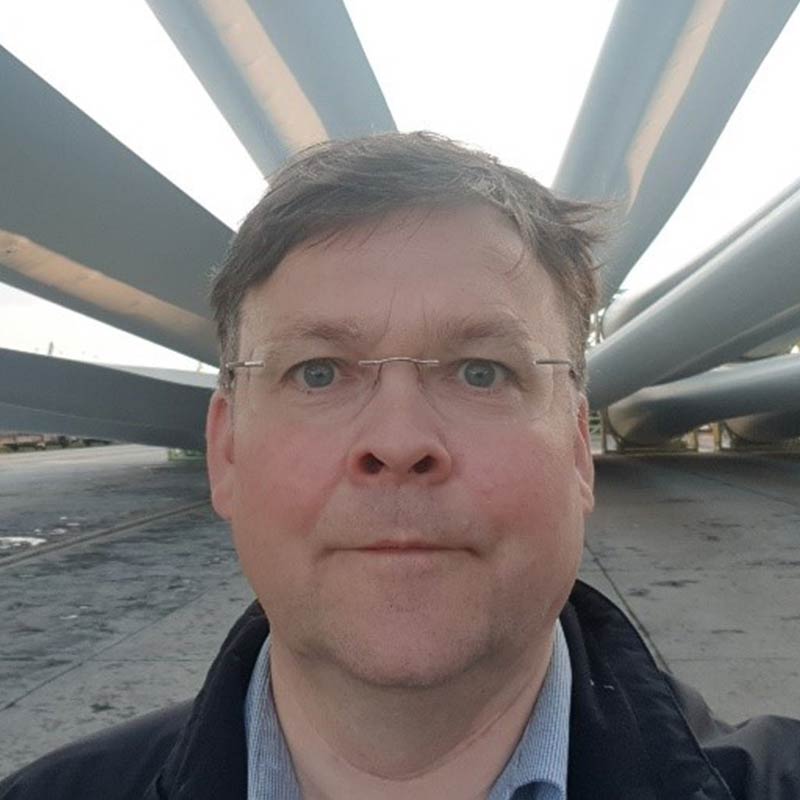 Prof. Dr. Henrik Schnegas University of Applied Sciences Wismar |
| 14:30 - 15:00 | ⏸️ | Break | |
| 15:00 - 16:00 | 🎓 | University Showcases The universities hosting SustainMV give short presentations to introduce themselves and the different study options they offer for sustainability-related and international programmes. | |
| 16:00 - 16:15 | 👋 | Farewell | |
| 16:15 - 17:00 | 👨👩👦👦 | Closing Concert To round off the SustainMV 2023 online programme, we would like to share a concert by the Percussion Community Rostock with you. The concert is presented by the Rostock University of Music and Drama. The Percussion Community Rostock has become an indispensable part of the concert and chamber music calendar of the Rostock University of Music and Drama and a guarantor for top-class events such as the "Night of Percussion", where the highest musical level is presented in a modern concert format. | 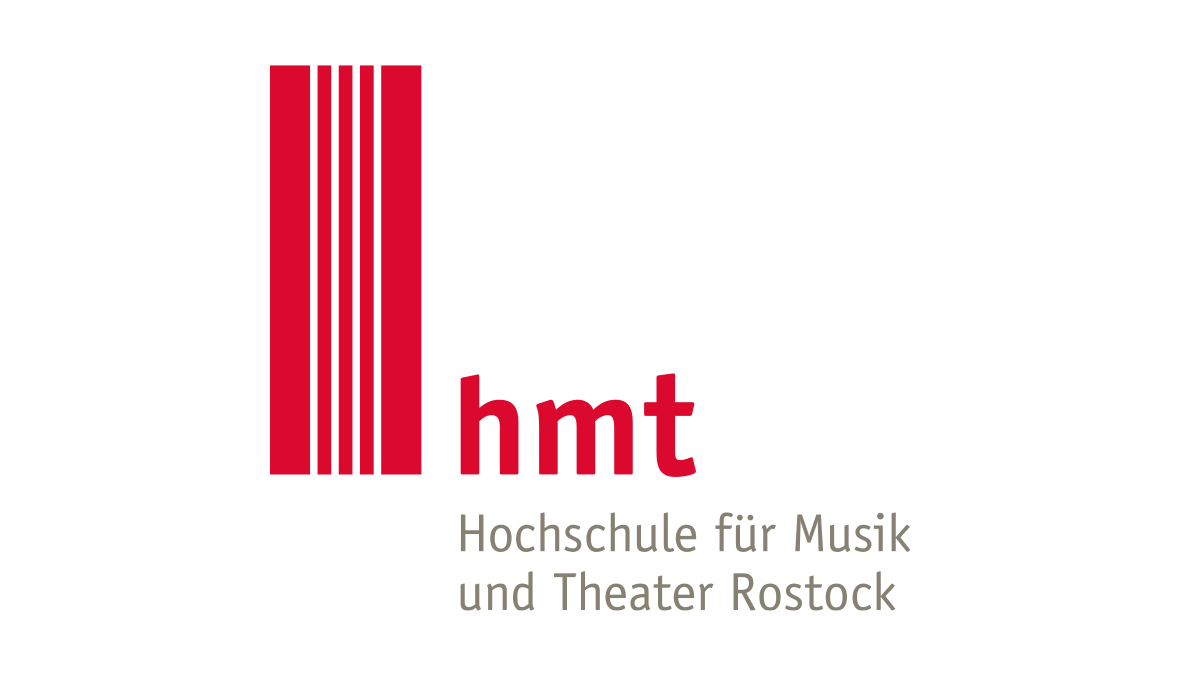 Percussion Community Rostock Rostock University of Music and Drama |
On-site Programme (28 August – 8 September)
| 09:30 | 🙌 | Opening Welcome to SustainMV 2023 | |
| 11:00 - 12:00 | 👨👩👦👦 | Campus Tour Stralsund | |
| 12:00 - 13:45 | 🍽️ | Lunch | |
| 13:45 - 15:00 | 👨👩👦👦 | City Tour Stralsund | |
| 15:30 - 17:30 | 🌍 | Public Round Table "Regional Issues and Possible Solutions in the Context of the Global Sustainability Debate. The Need to Identify Regional Relevant SDG Goals. 📍 Stralsund Town Hall | |
| 18:00 - 20:00 | 🍽️ | Dinner |
| 8:30 - 12:00 | 🌍 | Workshop “Krafla – Energy Transition Simulation Game: Negotiating with the World” In the Energy Transition Game, energy companies from six countries play against each other in a fictional world and have to keep an eye on global greenhouse gas emissions. The task is to generate profits by buying and operating power plants. The winner is whoever has achieved the best economic performance. Together, however, a certain limit of greenhouse gas emissions must not be exceeded. You have to discuss, negotiate and take decisions in a climate council - just like in the real world. 📍 Campus Stralsund | 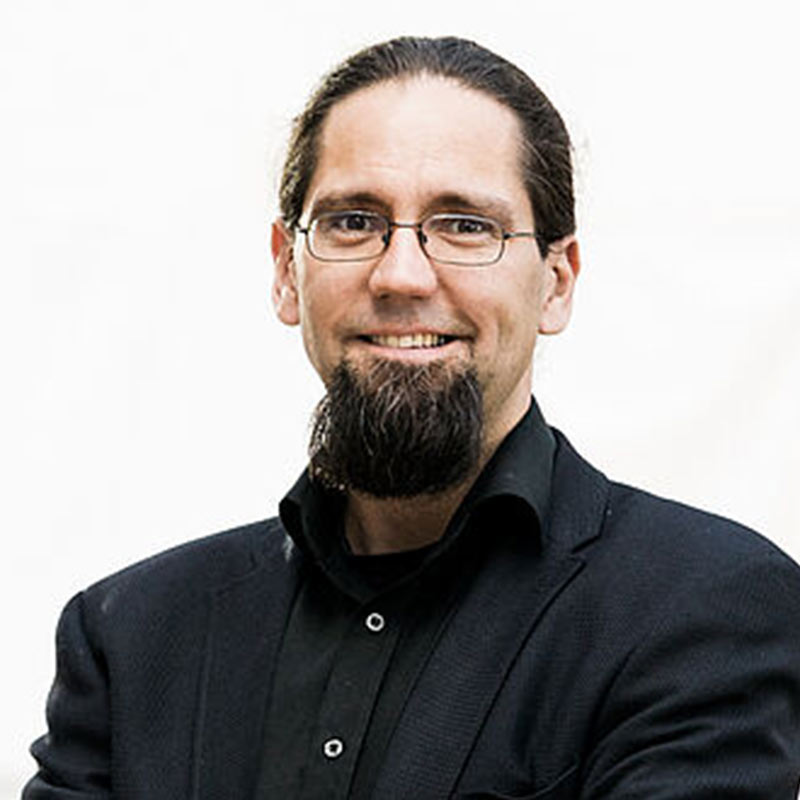 Prof. Dr. Johannes Gulden University of Applied Sciences Stralsund 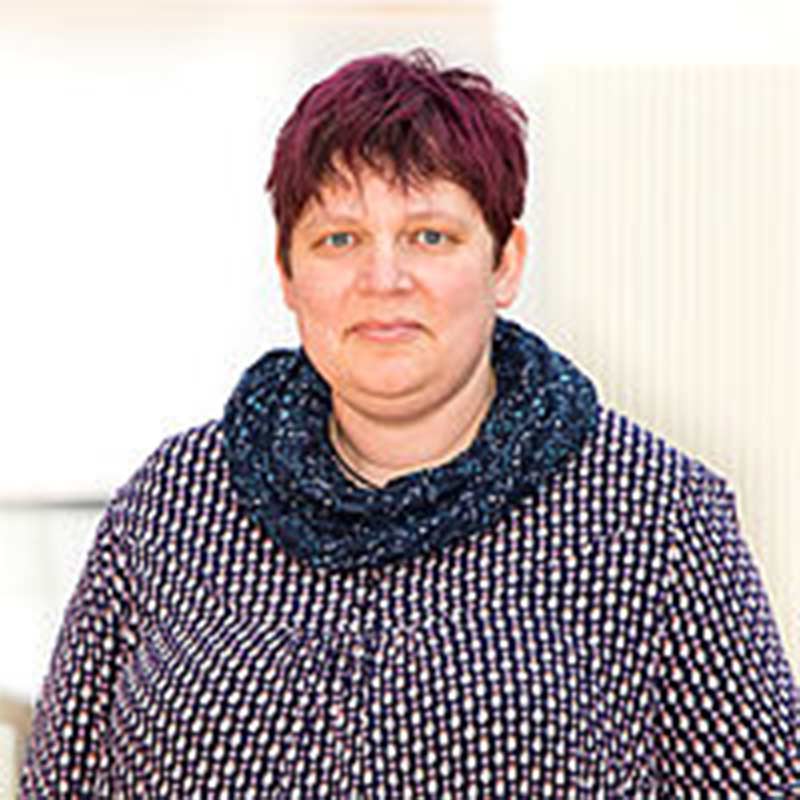 Romy Sommer University of Applied Sciences Stralsund |
| 12:00 - 14:00 | 🍽️ | Lunch | |
| 14:00 - 15:00 | 🚌 | Transfer to Putbus | |
| 15:00 - 17:30 | 🌍 | Excursion FINC Foundation During the excursion we will encounter a landscape conservation approach, which combines sustainable land use, regional food production and nature conservation. Located at the shores of the Baltic, FINC Foundation (a Greifwald based charity) implements organic agriculture on about 120ha, starting from 2019. During that day, you will not only gain practical insights but also learn about the political and social impact of land sparing and land sharing in North East Germany. 📍 Putbus | 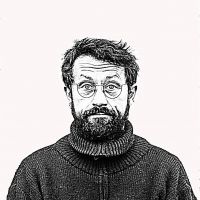 Dr. Sebastian Schmidt FINC Foundation |
| 17:30 - 18:30 | 🚌 | Transfer to Stralsund |
Greifswald Day
| 🚌 | Transfer to Greifswald | ||
| 10:00 - 12:00 | 🌍 | Workshop "Climate Emotions - Adaptive or Maladaptive Mechanisms in Climate Relevant Behavior?" | 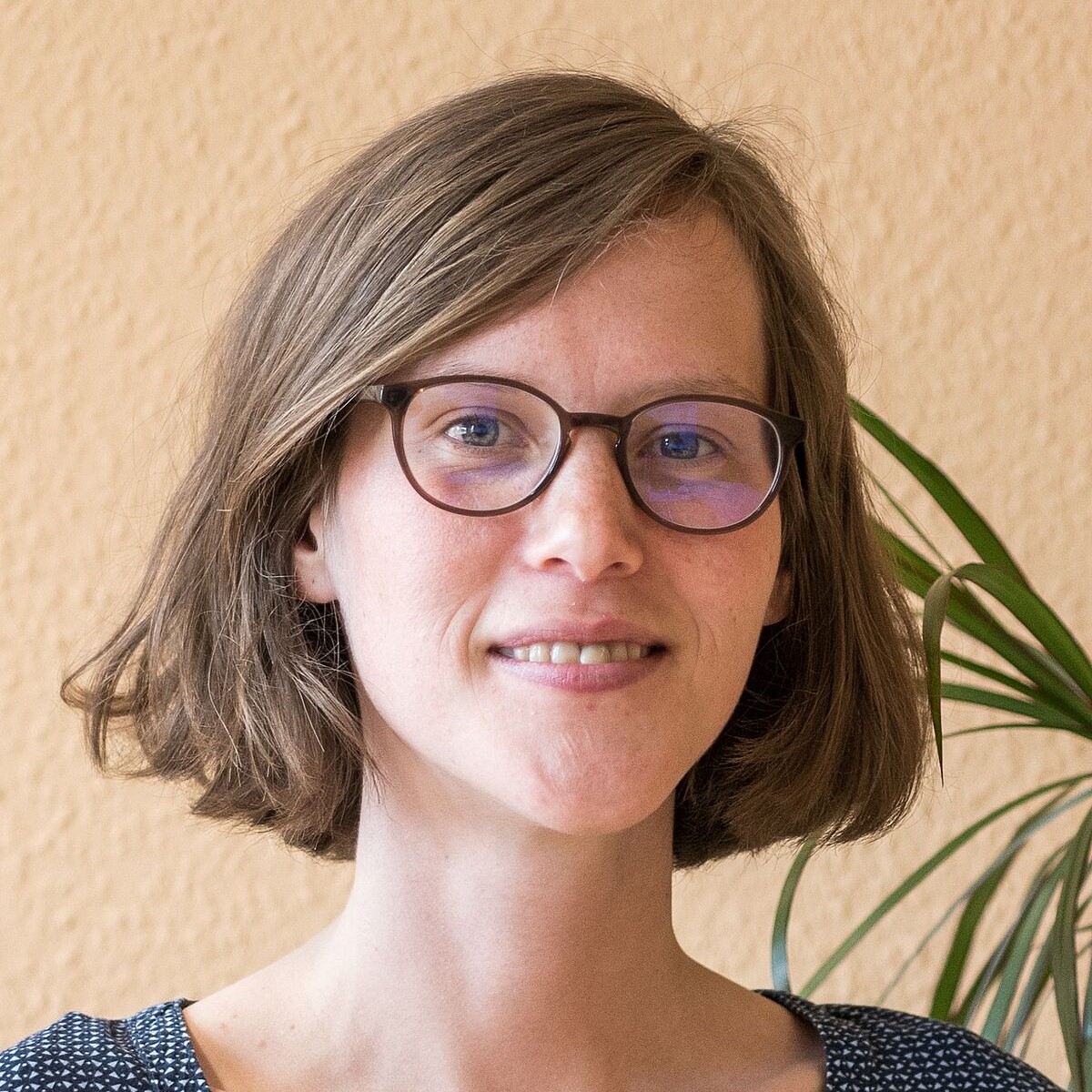 Susanne Nicolai University of Greifswald |
| 12:00 - 14:00 | 🍽️ | Lunch + Free Time | |
| 14:00 - 17:00 | 🌍 | Workshop "Greifswald's Sustainability Handprint Tour" This guided tour combines two learning formats: In the first part students will visit key locations of good-practice examples in sustainable development, respectively dealing with energy production, mobility, land use, education and policy making. In the second part students will form small working groups and develop their own ideas for making Greifswald more sustainable. | 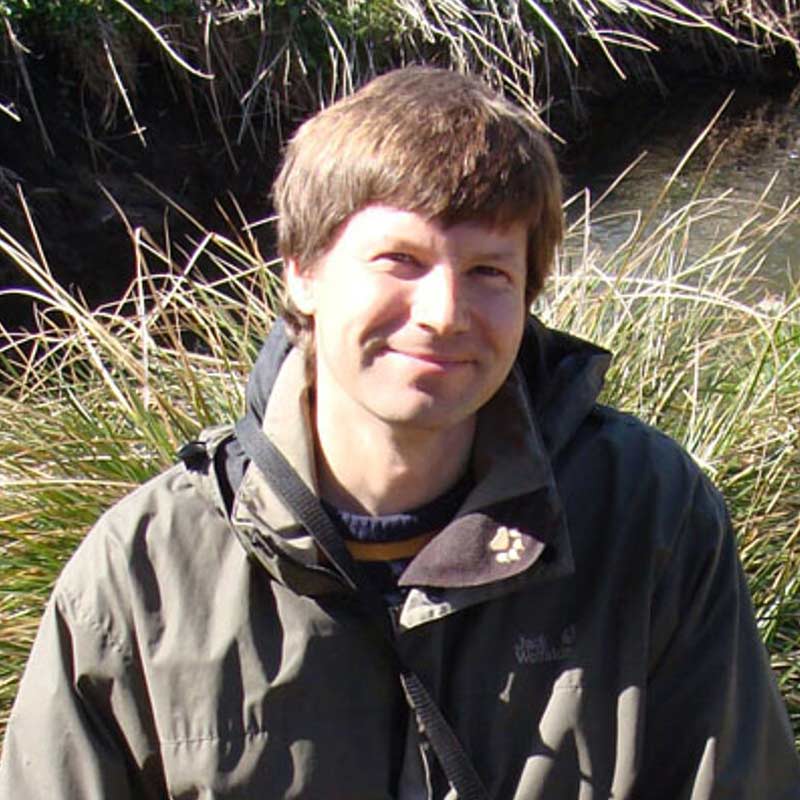 Dr. Tiemo Timmermann University of Greifswald |
| 17:00 - 19:00 | Free Time | ||
| 19:00 - 20:30 | 🌍 | Public Lecture "Sustainable Energy Systems - the IPCC view" Limiting warming to well below 2°C will require substantial energy system changes over the next 30 years. This includes reduced fossil fuel consumption, increased production from low- and zero-carbon energy sources, and increased use of electricity and alternative energy carriers. Net-zero energy systems will share common characteristics: (i) electricity systems that produce no net CO2 or remove CO2 from the atmosphere; (ii) widespread electrification of end uses, (iii) substantially lower use of fossil fuels than today; (iv) use of alternative energy carriers such as hydrogen or bioenergy; (v) more efficient use of energy; (vi) greater energy system integration across regions and across components of the energy system; and (vii) use of CO2 removal. The presentation will elaborate on the IPCC view on Sustainable Energy Systems. 📍 Alfried Krupp Wissenschaftskolleg Greifswald | 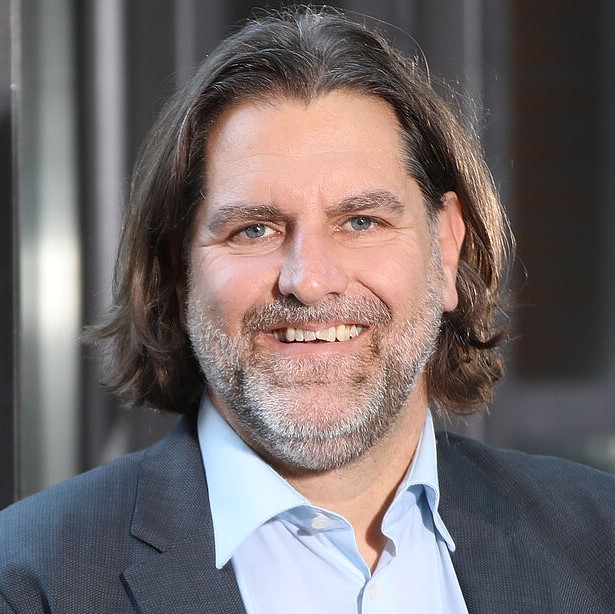 Prof. Dr. Andreas Löschel Ruhr University Bochum |
| 🚌 | Transfer to Stralsund |
| 10:00 - 12:00 | 🌍 | Seminar “Turning the Power of the Sun into Hydrogen Molecules” Being a source of unlimited power, the sun is ideal for producing electricity. However, the energy system of tomorrow does not only require electrons but also molecules, most importantly hydrogen. Production of green H2 is usually accomplished by an electrolyzer that is coupled to a power source such as a photovoltaic (PV) module which is basically an indirect method. The question thus arises: Is it possible to turn solar energy directly into hydrogen molecules, i.e. by using only a single component instead of two? The talk will start with some foundations of photovoltaics, before introducing combined PV/electrolyzer systems. Finally, the lecture will take the audience to so-called photoelectrochemical cells, which directly turn photons into H2 molecules without the need of a separate electrolyzer. 📍 Stralsund | 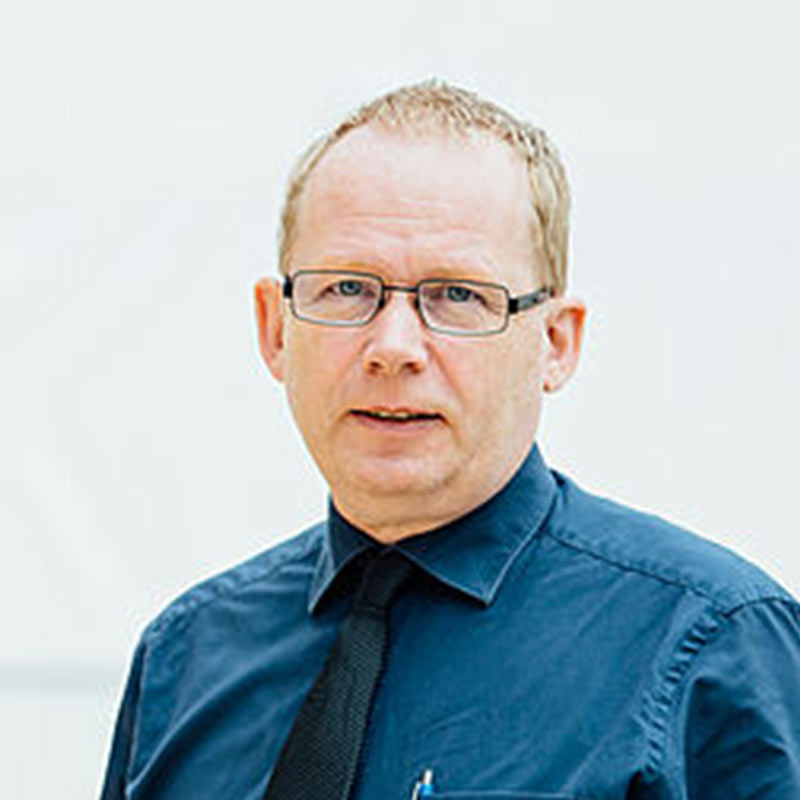 Prof. Dr. Jan-Christian Kuhr University of Applied Sciences Stralsund |
| 🍽️ | Lunch | ||
| 14:00 - 16:00 | 🌍 | Seminar “Rebalancing tourism: new ideals or old illusions in the 21st century?” Global challenges like climate change and rising inequality coincide with renewed tourism growth projections after COVID-19. Yet, there are indications that the pandemic might have been a catalyst for more emphasis on sustainable pathways. This seminar introduces approaches placing sustainability and human dignity center stage, and we will discuss regional opportunities and obstacles with reference to tourism contexts. 📍 Stralsund | 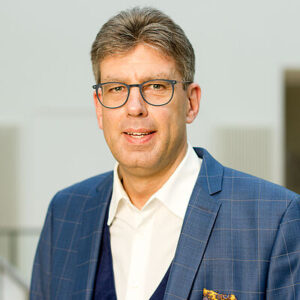 Prof. Dr. Volker Rundshagen University of Applied Sciences Stralsund |
| 16:30 - 18:00 | 🧩 | Group Work | |
| 19:00 - ... | 🍽️ 👨👩👦👦 | BBQ with the ThaiGer H2 Racing Team |
Neubrandenburg Day
| 08:30 - 10:30 | 🚌 | Transfer to Neubrandenburg | |
| 10:30 - 12:45 | 👨👩👦👦 | City and Campus Tour Neubrandenburg | |
| 12:45 - 14:00 | 🍽️ | Lunch | |
| 14:00 - 16:30 | 🌍 | Seminar "Germany's National Sustainability Strategy and its implementation, focussing on nature conservation" The seminar gives an overview of the German sustainability strategy and its implementation in selected areas, e.g. renewable energies and green cities. This will be followed by a look at sustainable garden projects - in Germany and elsewhere. Students are invited to participate and discuss selected topics. If desired, the small university garden can be visited afterwards. | 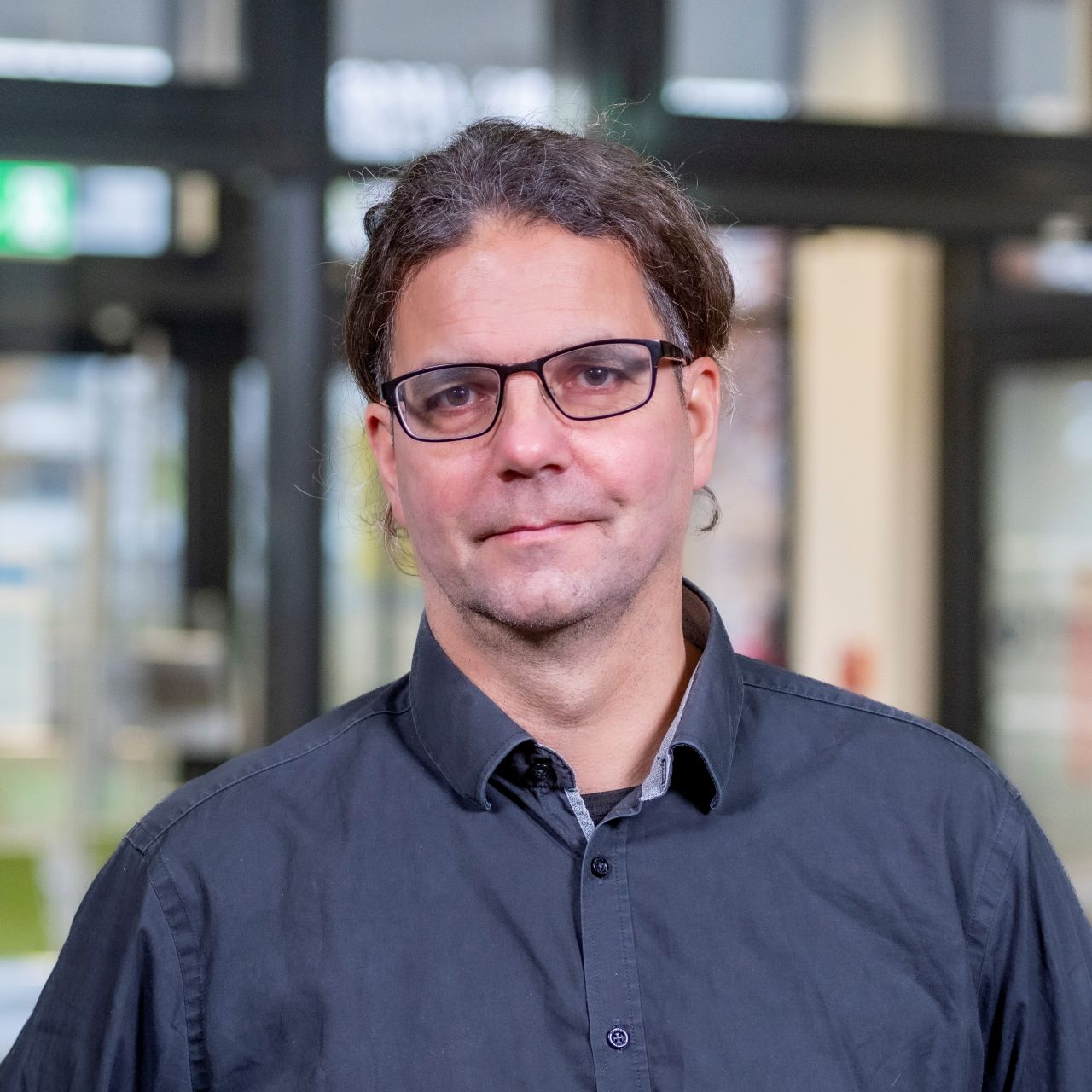 Prof. Dr. Torsten Lipp University of Applied Sciences Neubrandenburg |
| 16:30 - 19:00 | 👨👩👦👦 🍽️ | Dinner | |
| 19:00 - 21:00 | 🚌 | Transfer to Stralsund |
Day at Leisure 🌱
Day Trip to Hiddensee Island 🚢
| 08:46 - 9:02 | 🚌 | Transfer to Stralsund ferry terminal | |
| 09:20 - 12:00 | ⛴️ | Ferry to Hiddensee Island | |
| 12:20 - 14:00 | 🌍 | Botanical Excursion | |
| 14:00 - 15:00 | 🍽️ | Lunch | |
| 15:00 - 16:25 | 👨👩👦👦 | Walk to Vitte | |
| 16:25 - 18:45 | ⛴️ | Ferry to Stralsund |
Rostock Day
| 08:00 - 10:00 | 🚌 | Transfer to Rostock | |
| 10:00 - 12:00 | 🌍 | Lab Tour "Aquaponics - Combined Production of Fish and Plant" The FischGlasHaus, Europe's most advanced aquaponics experimental facility, was built in 2015 on the campus of the Faculty of Agricultural and Environmental Sciences. It employs an eco-friendly "multi-unit system design" and investigates the impact of different fish species on the growth of herbs, leafy greens, and fruit vegetables. The closed aquaponics system utilizes fish water for plant nutrition, saving up to 90% of water in plant production and contributing to global resource optimization. 📍 "FishGlassHouse" | 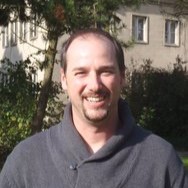 Dr. rer. nat. Adrian A. Bischoff-Lang University of Rostock |
| 12:00 - 13:30 | 🍽️ | Lunch | |
| 13:30 - 14:50 | 🌍 | Workshop "Sustainability from a Social Science Perspective" |  Prof. Dr. Jörn Dosch University of Rostock |
| 14:50 - 15:10 | ⏸️ | Break | |
| 15:10 - 16:30 | 🌍 | Workshop "Introduction to Climate Ethics" |  Dr. phil. Frederike Neuber University of Rostock |
| 16:30 - 18:00 | 👨👩👦👦 | City Tour Rostock | |
| 18:00 - 19:00 | 🌍 | Workshop and Guided Tour "Sustainability in the Music Business" Are long concert tours still appropriate for both artists and audiences? And if so, how can they be made sustainable? Daniel Bucurescu, graduate of the Rostock University of Music and Drama, will give an insight into the topic of sustainability in the music business using examples from his own career, among others, and invites to a discussion about it. 📍 Rostock University of Music and Drama | 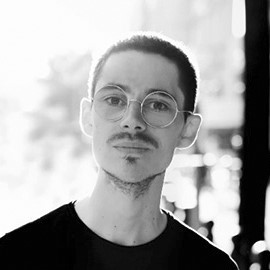 Daniel Bucurescu Rostock University of Music and Drama |
| 19:00 - 20:00 | 🍽️ | Dinner | |
| 20:00 - 21:30 | 👨👩👦👦 | Piano Concert 📍 Rostock University of Music and Drama | |
| 21:30 - 23:00 | 🚌 | Transfer to Stralsund |
| 9:30 - 12:00 | 🌍 | Excursion to Ozeaneum Stralsund | |
| 12:00 - 15:00 | 🍽️ | Lunch / Free Time | |
| 15:00 - 16:00 | 🌍 | Lab Tour Faculty of Mechanical Engineering | Sven Klimaschewski Andreas Reinke University of Applied Sciences Stralsund |
| 16:00 - 17:00 | 🌍 | Lab Tour Institute of Renewable Energy Systems (IRES) | Andreas Sklarow University of Applied Sciences Stralsund |
Wismar Day
| 07:15 - 09:15 | 🚌 | Transfer to Wismar | |
| 09:15 - 10:15 | 👨👩👦👦 | City Tour Wismar | |
| 10:15 - 11:00 | 🚌 | Transfer to Kalkhorst | |
| 11:00 - 12:15 | 🌍 | Manufacturing Visit "Reprocessing Plastic to make New Products" Janos Freuschle shows his workshop and his work. He processes old plastic to make new products from it. The machines for this are partly made by himself. 📍 Kalkhorst | 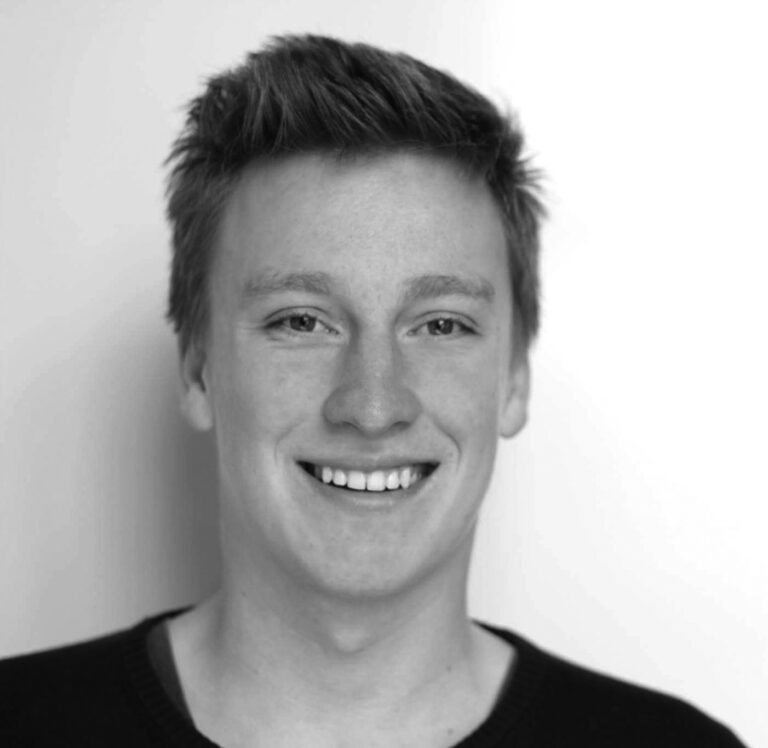 Janos Freuschle Alumni University of Applied Sciences Wismar |
| 12:15 - 13:00 | 🚌 | Transfer to Wismar | |
| 13:00 - 14:00 | 🍽️ | Lunch | |
| 14:00 - 17:00 | 🌍 | Lecture “Sustainable, smart and healthy architecture” How to create a holistic concept for sustainable architecture? What does it have to do with digital technologies and human health? On example of the three-zero-standard and BNB (Bewertungssystem Nachhaltiges Bauen – Assessment System for Sustainable Building) “Gold” certified building of kindergarten “Wildblume”, the main aspects and methods of sustainable building practice in Germany will be introduced. Measurements and monitoring belong to these methods and help to ensure the building quality, user comfort and health and contribute to energy saving during the building operation. The lecture includes practical parts and exercises as a presentation of sustainable materials samples, simple estimations of ventilation dimensioning or using of various measuring devices. Together, we will run a blower door test on the “Digital House” – a little house completely designed and produced digitally. Finally, short excursion through the laboratories at the campus of Hochschule Wismar will close the practical part of the Wismar day. 📍 Wismar | 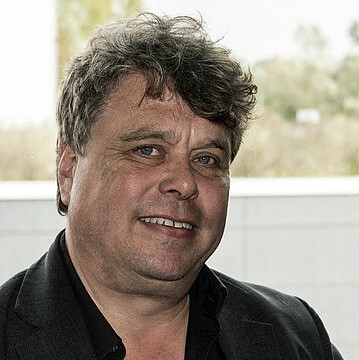 Prof. Dipl.-Ing. Martin Wollensak University of Applied Sciences Wismar 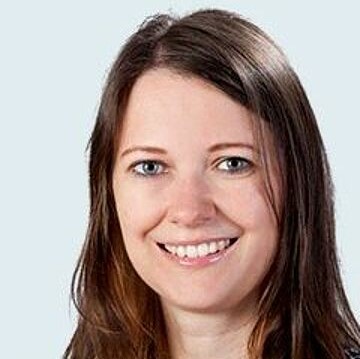 Ing. arch. Lucia Oberfrancová University of Applied Sciences Wismar |
| 17:00 - 19:00 | 🍽️ | Dinner | |
| 19:00 - 21:00 | 🚌 | Transfer to Stralsund |
| 09:30 - 10:00 | 🚌 | Transfer to Greifswald | |
| 10:30 - 12:30 | 🌍 | Excursion Peatland Excursion | Peatland Manager Annie Wojatschke |
| 12:30 - 14:00 | 🍽️ | Lunch | |
| 14:00 - 15:30 | 👨👩👦👦 | Campus Tour Greifswald | |
| 15:30 - 17:00 | 👨👩👦👦 | Free Time | |
| 17:00 - 18:30 | 🌍 | Workshop "How Environmental Psychology describes and predicts Sustainable Behaviour Changes" Psychological models are used to describe, predict and purposefully change behaviour. Knowing such theories and their predictors of behaviour can help to focus efforts to increase sustainable behaviour. In this workshop you'll get to know two theories of behaviour change and how they can be applied. | 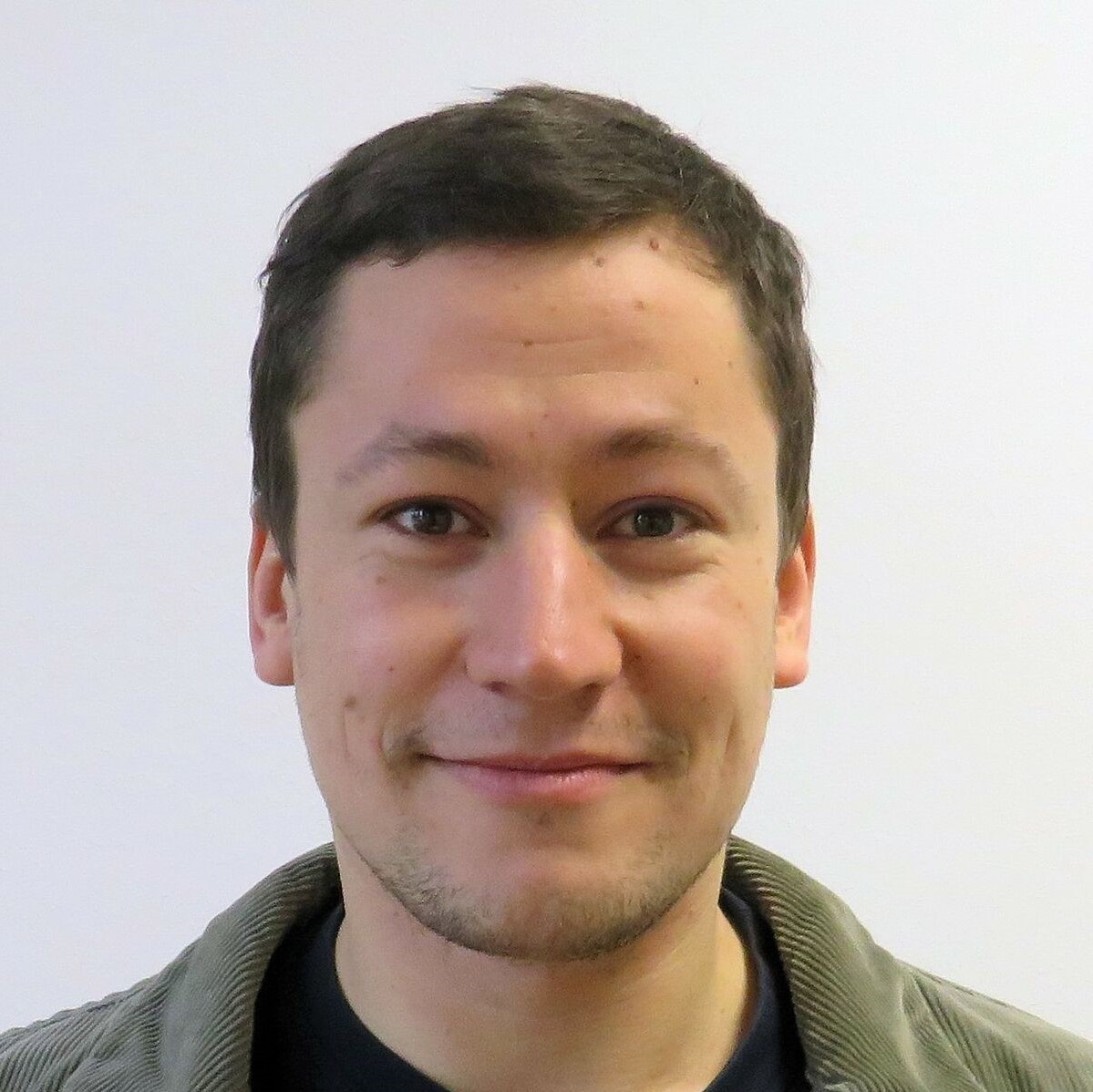 M.Sc. Paul Schulz University of Greifswald |
| 19:15 - 19:45 | 🚌 | Transfer to Stralsund |
| 10:00 - 13:00 | 👋 | Closing Event 📍 MakerPort Stralsund | |
| 13:00 - 14:30 | 🍽️ | Lunch |
